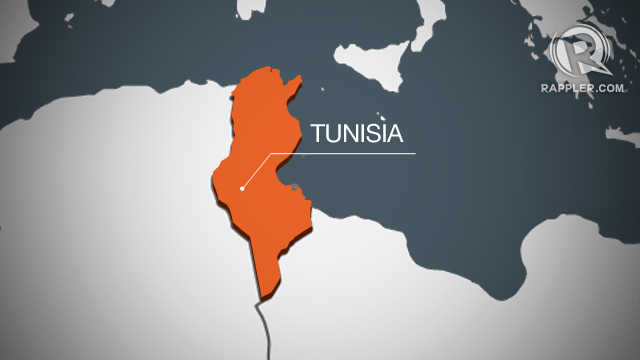SUMMARY
This is AI generated summarization, which may have errors. For context, always refer to the full article.

TUNIS, Tunisia – Tunisia’s National Assembly approved Wednesday, June 25, the proposed dates of parliamentary and presidential polls due to take place this year under a deal to end a political crisis.
After months of negotiations among Tunisia’s political parties, the assembly approved October 26 for the legislative election and November 23 for the first round of the presidential poll.
Some 125 deputies voted in favor of the timetable, which also envisages a presidential run-off before the end of 2014, while 15 voted against and 17 abstained.
“It’s a historic step. We are pleased that the electoral calendar has been fixed, because it gives hope for the future of Tunisia,” MP Mahmoud Baroudi told Agence France-Presse.
The elections would consolidate the gains of an accord in January to end months of political crisis, which had blocked the democratic transition in the birthplace of the Arab Spring.
Since the revolution that toppled longtime autocrat Zine El Abidine Ben Ali in January 2011, Tunisians have awaited the formation of permanent state institutions.
Ahead of the debate on the election law, assembly speaker Mustapha Ben Jaafar stressed “the crucial importance … of this last stage in the constituent process.”
The political parties only agreed on the order of the elections earlier this month, with the parliamentary poll taking place before the presidential vote.
The electoral organizing commission (ISIE) had urged the parties to swiftly reach an accord, given the tight timetable and the requirement under the country’s new constitution that both votes take place in 2014.
In the first legislative elections held in 2011 following Ben Ali’s ouster, the Islamist party Ennahda won the largest share of seats in the assembly, which was due to be replaced by a permanent parliament in October 2012.
But the process was heavily delayed by political crises, which culminated with the assassination last year of two opposition MPs by suspected Islamist militants.
Under an agreement finally reached to break the deadlock, parliament ratified the new constitution in January and Ennahda handed power to an interim government of independents prior to fresh elections later this year.
Tunisians not already on the electoral list began registering for the heavily-delayed polls on Monday, June 23. – Rappler.com
Add a comment
How does this make you feel?
There are no comments yet. Add your comment to start the conversation.